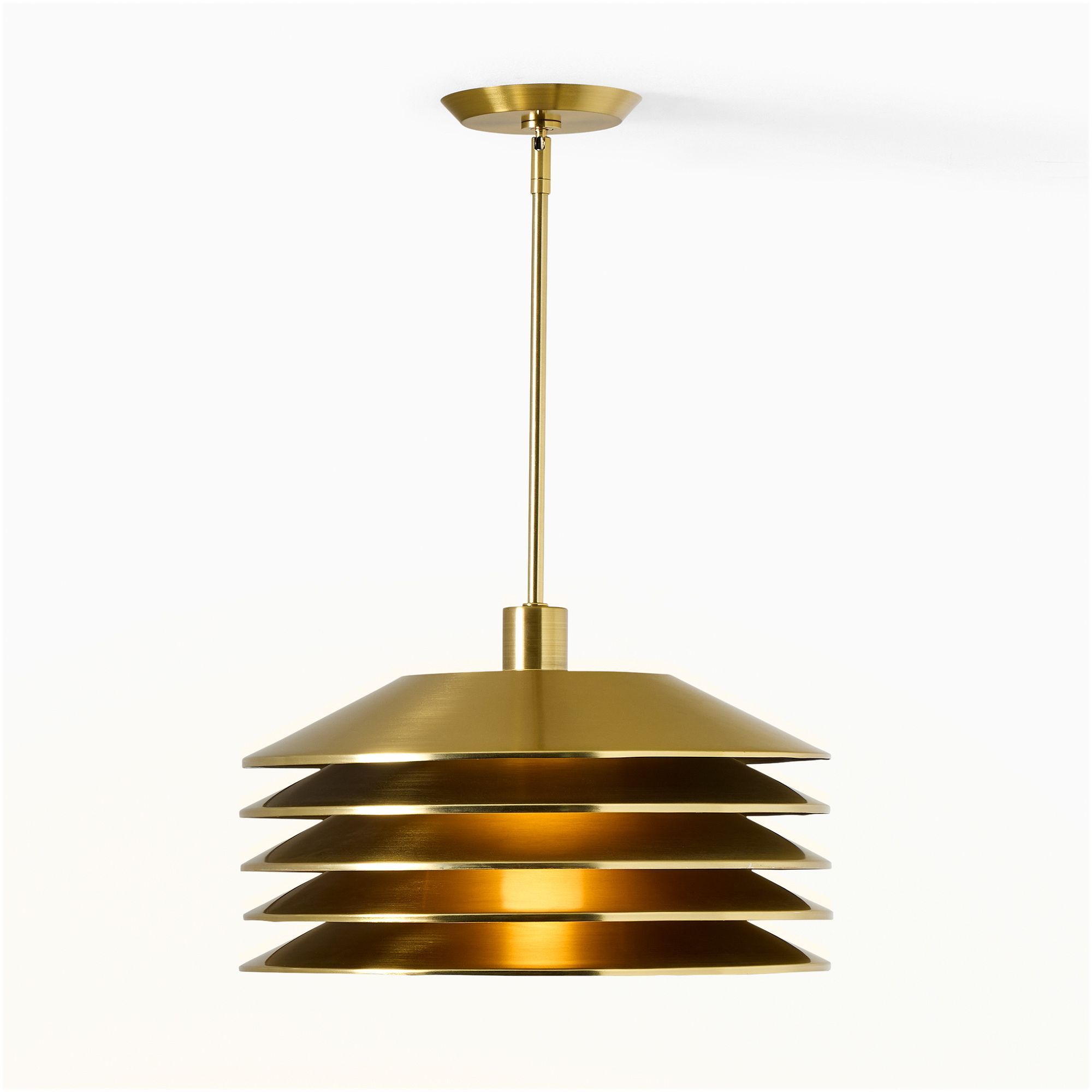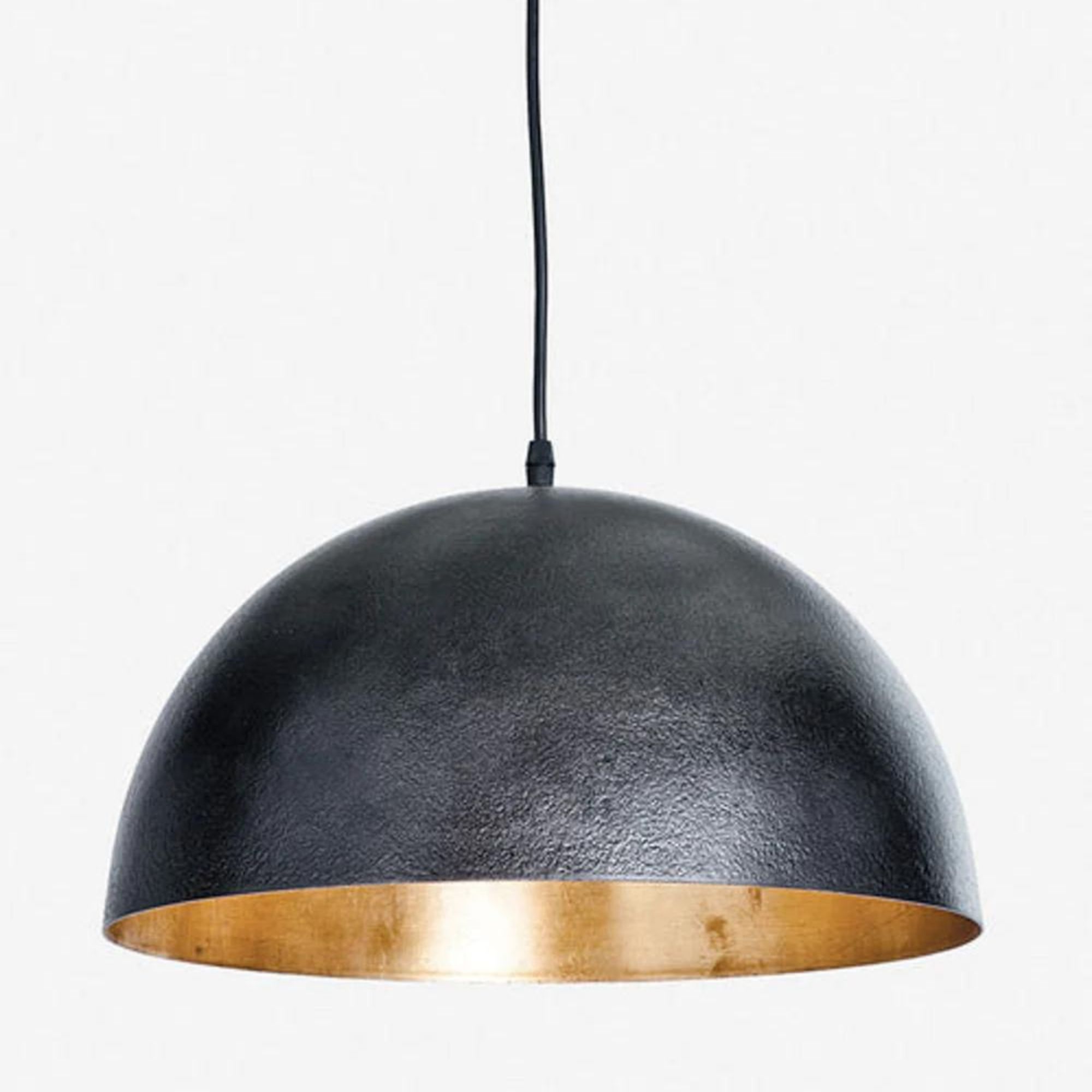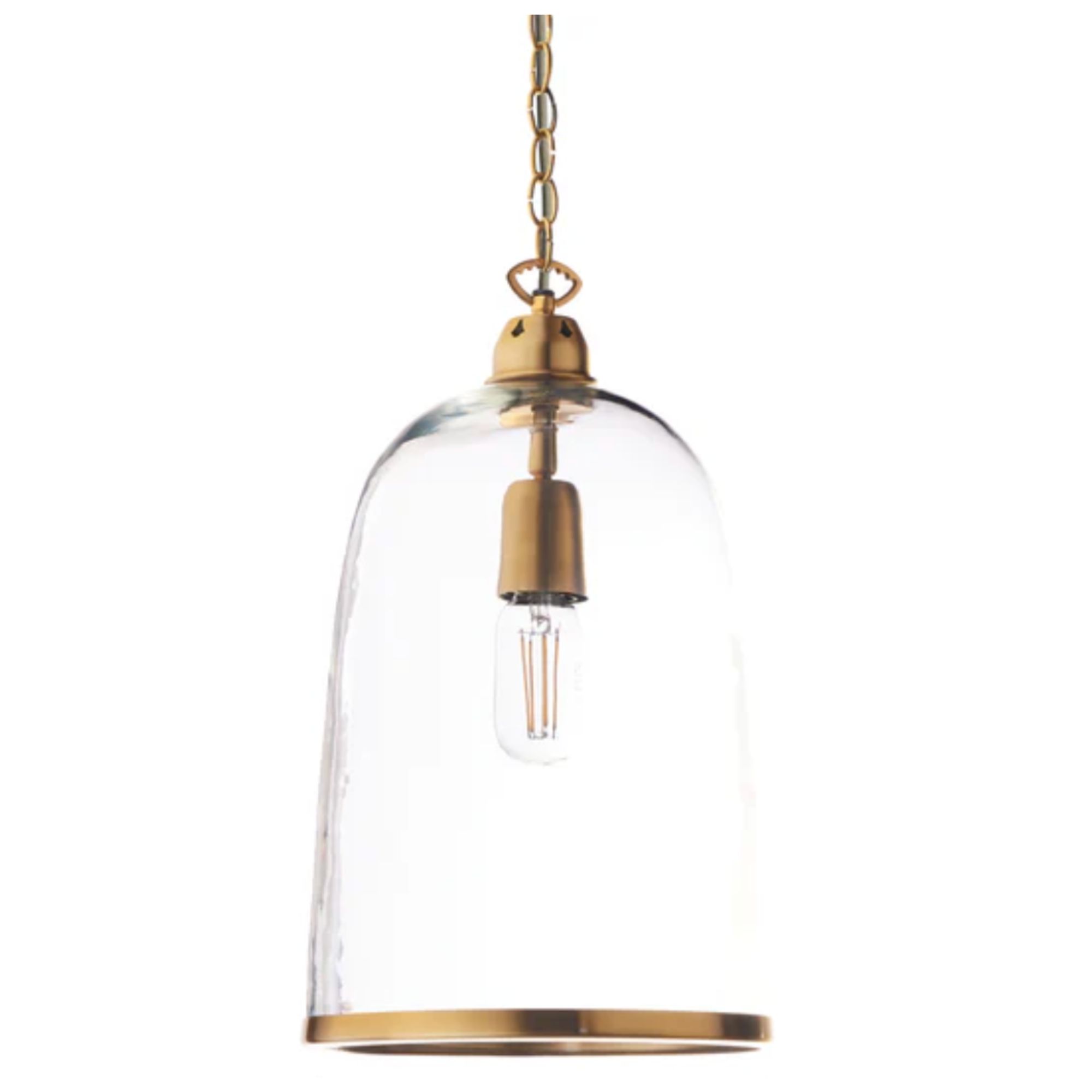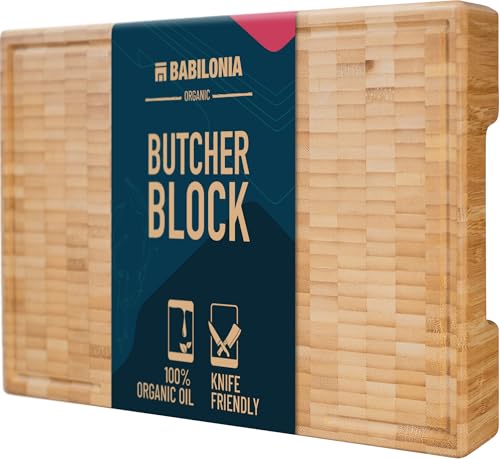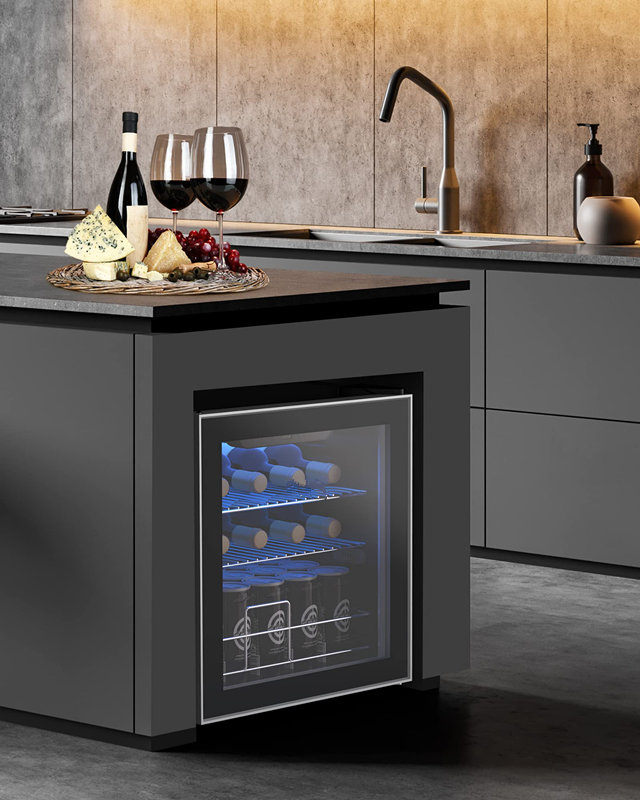How to plan the ultimate cooks' kitchen island – advice from kitchen designers
If you're planning on cooking up a storm with your kitchen island you need to consider these practicalities first
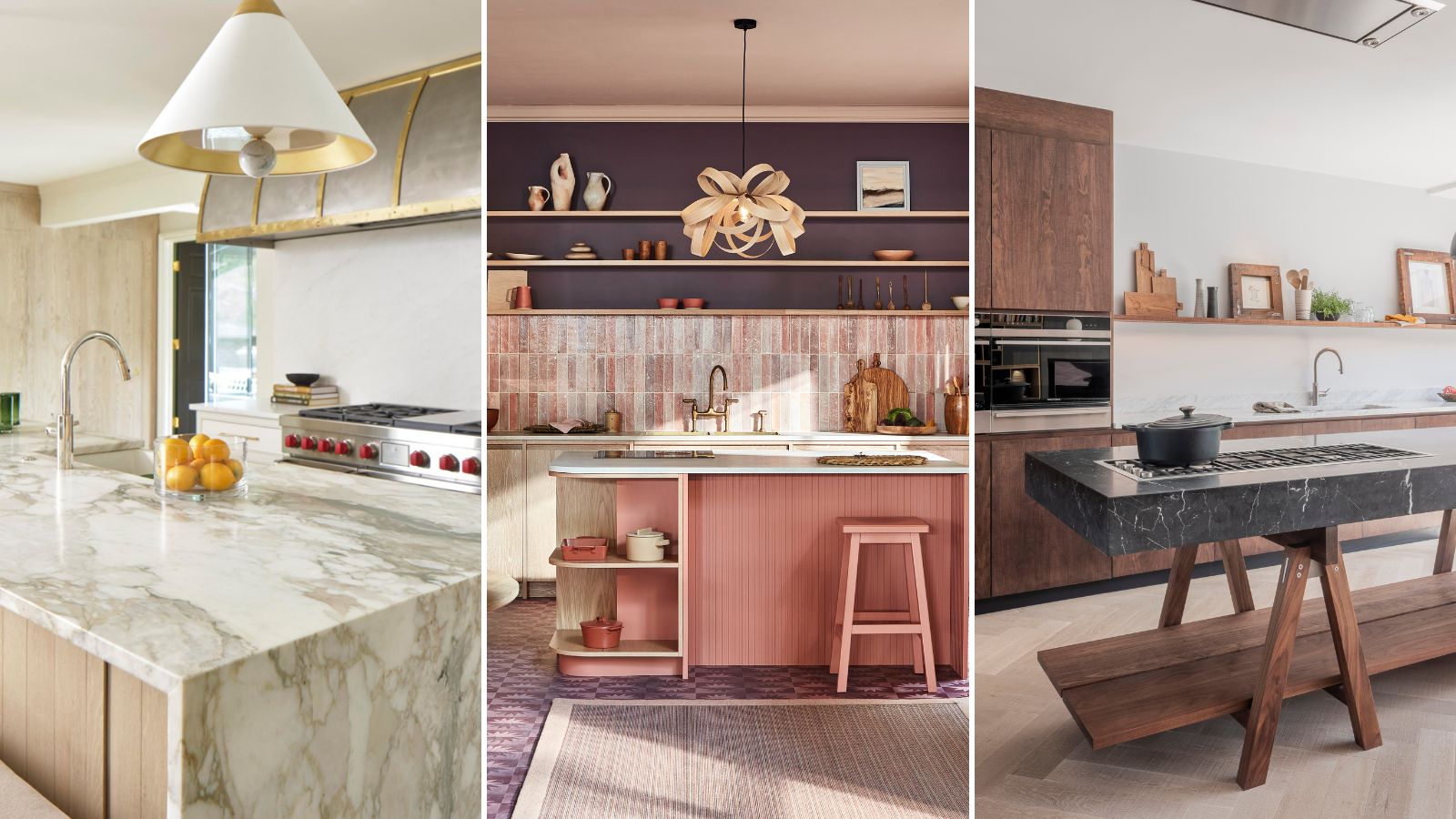

Ask any home cook what kitchen feature they most covet, and chances are they'll say a kitchen island. Countertops are all good and well, but nothing beats the satisfaction of having all that additional space to prep and cook your meals.
Although there are many types of kitchen islands, not all of them are created equally. For instance, small kitchen islands are perfectly novel, but how can you be expected to balance all your ingredients, kitchen tools, and a glass of Pinot Grigio on a tiny worktop?
Sometimes, only a purpose-built kitchen island will do. So, we asked kitchen designers to share their design secrets for getting this important feature right.
How to plan a cooks' kitchen island
Not sure where to begin when planning a cook's kitchen island? Uncertain about whether you want a sink or a stovetop to take center stage? We have the answers to your burning questions below.
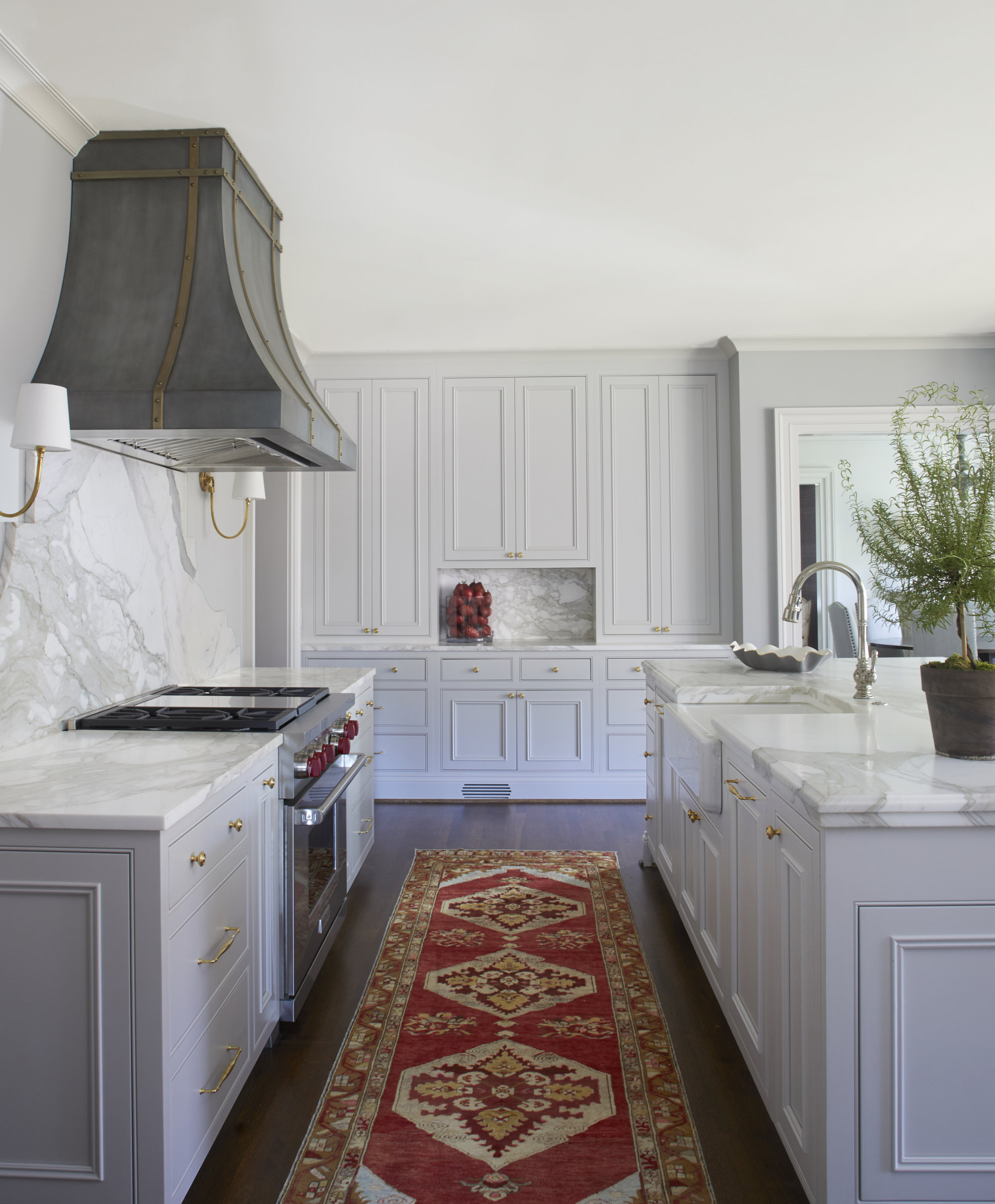
Space and Layout
The first step in planning a kitchen island is to assess your available space and measure your kitchen to ensure the island will fit comfortably.
'As a general (but loose) rule of thumb, when planning the kitchen island it’s best to map it out based on the idea of half width to length,' explains Al Bruce, Founder of Olive & Barr. 'Rather than restricting yourself to specific measurements, think about proportions rather than size. This rule prevents the kitchen from feeling too long and skinny or wide and square.'
For a cooks' kitchen island you'll need to consider your appliances – such as the oven, fridge or dishwasher – and whether or not you have clearance to comfortably pull these out.
Design expertise in your inbox – from inspiring decorating ideas and beautiful celebrity homes to practical gardening advice and shopping round-ups.
'We usually shoot for a minimum of 42” in any given walkway around an island,' recommends Bryce Crowley, Owner and Design Consultant at Kitchen Solvers of La Crosse. 'We do like to increase this number around larger appliances like a refrigerator or in a higher traffic area to closer to 48”. Also, kitchens that are going to have multiple cooks sometimes warrant a larger space.'
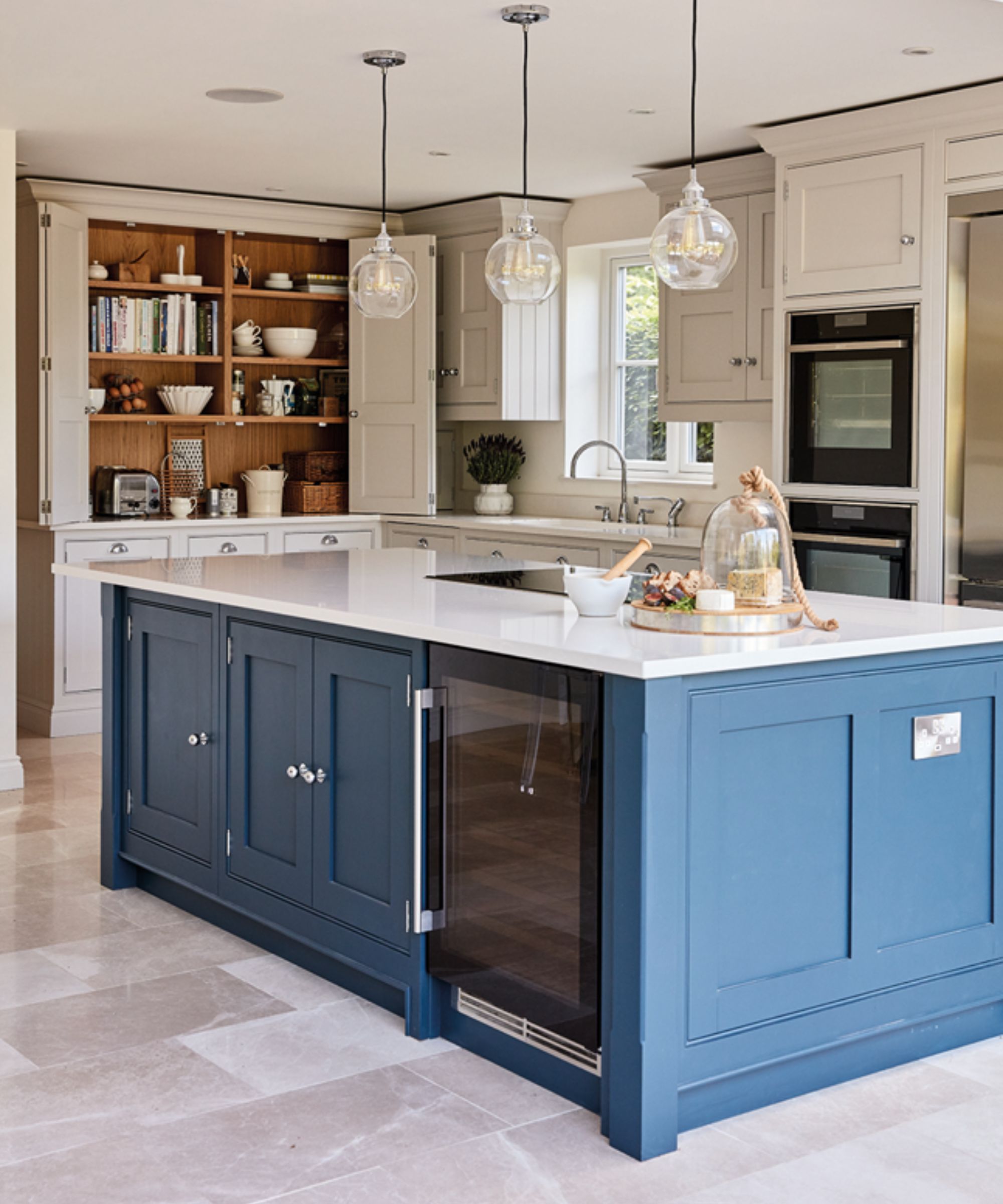
Plan your appliances and plumbing
It's always a good idea to plan to integrate appliances into your kitchen island early. Popular choices include cooktops, ovens, microwaves, and dishwashers, but you'll want to consider your own cooking habits and needs when selecting the appropriate devices. When in doubt, consider how your island will fit into the kitchen's 'work triangle'.
'Possibly one of our most asked questions is what should go on the island,' says Al Bruce from Olive & Barr. 'A stovetop on the island creates the most sociable setting and as you spend most of the time cooking in the kitchen, it’s nice to have the space to entertain while you’re rustling up dinner. However, some prefer a sink on the island and that’s perfectly fine too.'
Reasons To Opt For A Sink
When designing a kitchen, depending on the size of the room, I might place a prep sink in one corner near the cooking surface or the refrigerator,' says Cyndy Cantley, owner Cantley & Company, a cabinet and design firm located in Birmingham, Alabama. 'This is helpful in larger kitchens or if there are two cooks in the household. One can prep while one is cooking.'
'One thing to remember is that the dishes will be on show,' reminds Al Bruce. 'So, if you’re a neat and organised person that washes and puts the dishes back right away, that isn’t a problem. If, however, you’d rather have the dishes out of sight, it’s best to keep them tucked away on the run of cabinets.'
Reasons To Opt For A Stovetop
'At Naked Kitchens, we tend to opt to locate the hob on the island as this is a far more sociable setting and also can be a more practical location as sometimes a deeper worktop depth is required to fit the hob,' explains Elizabeth Sherwin, creative director at Naked Kitchens. 'The sink tends to work really well located by a window so if this is the case then the obvious location for the hob is on the island.
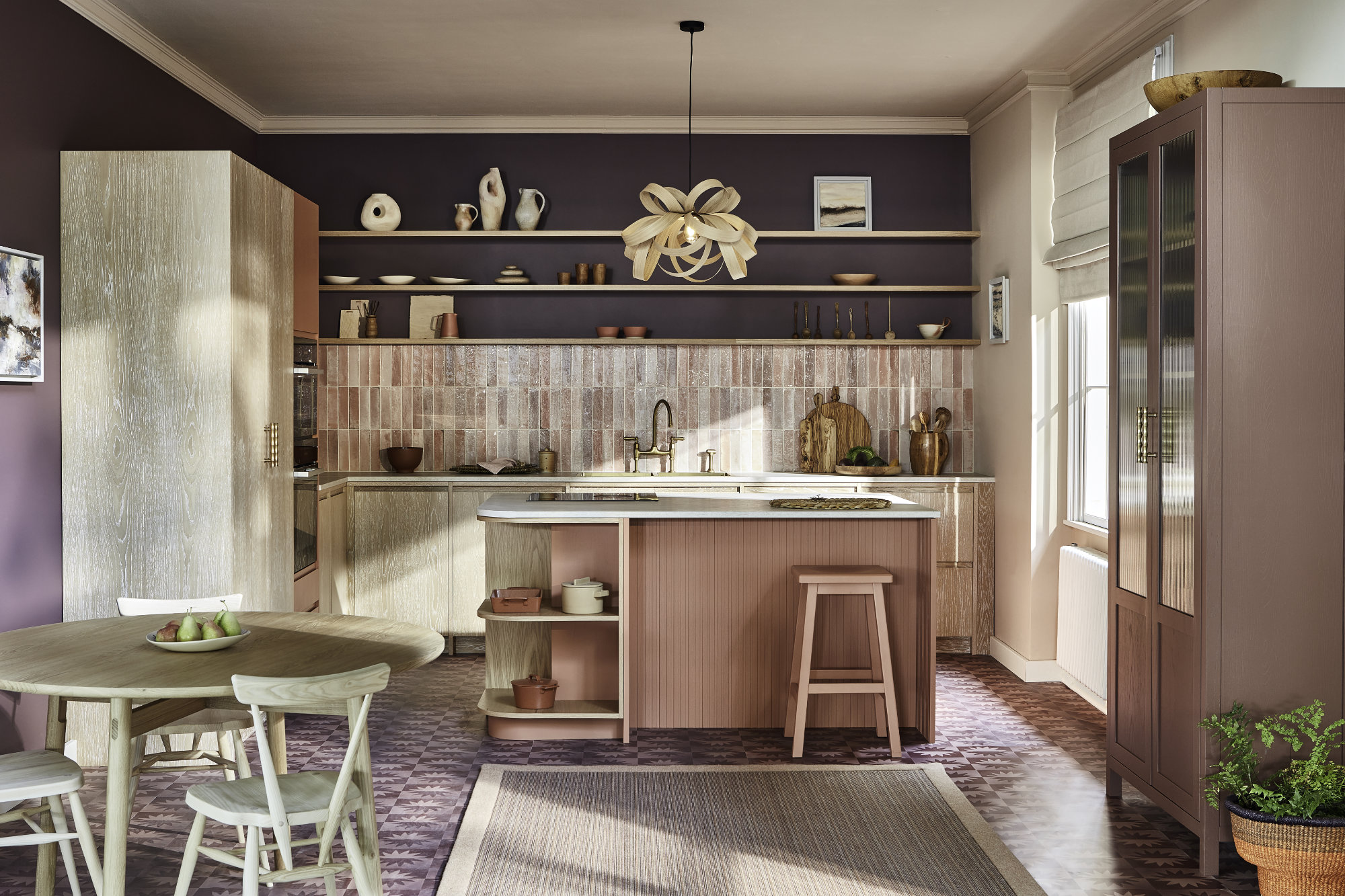
Consider Task Lighting
Getting your kitchen island lighting right is key if you want this feature to be both practical and inviting. Layered lighting works best here, as a combination of task and ambient lighting is perfect for a kitchen where you cook and entertain in equal measure.
Suspend pendant lights over the island if you want to make a design statement and have plenty of focused task lighting while preparing meals. As a general rule, pendants should hang 12-20 inches below an eight-foot ceiling and for each additional foot of ceiling height, you should add three inches.
Dimmable spotlights are also ideal for a cooks’ kitchen island, as you can turn them up for meal prep and back down for ambient dining and socializing. Either way, choose lighting fixtures that are easy to clean, as kitchen light bulbs are notoriously filthy fixtures.
Lastly, you should be mindful of heat emissions from your kitchen lights, especially if they’re placed close to areas where you’ll be working with food. LED lights are an excellent choice when choosing kitchen lighting, as they produce less heat and are much more energy-efficient for your home.
Consider materials
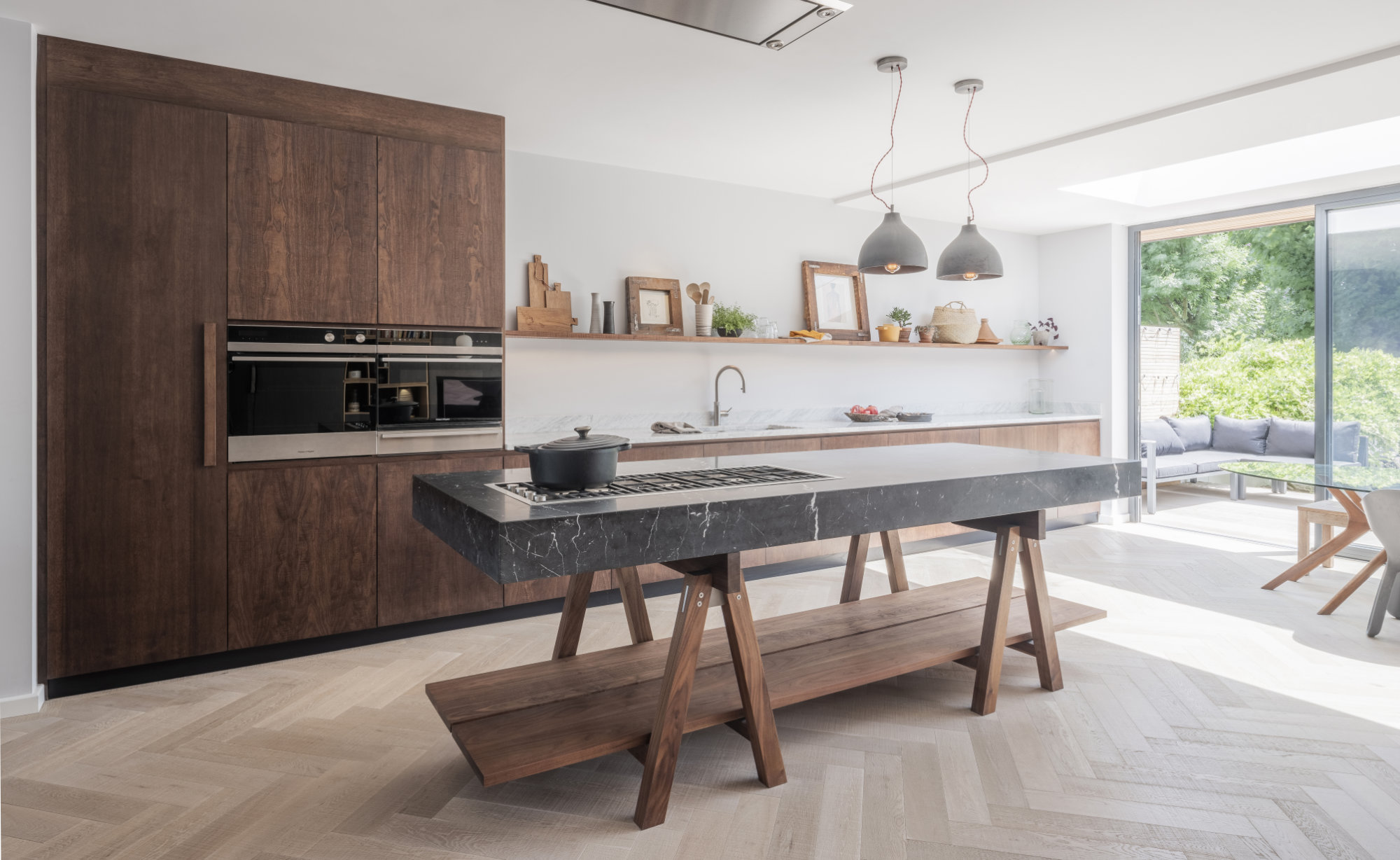
When your island is the main cooking area within the kitchen it's essential to consider your materials. You'll want to opt for surfaces and countertops that are equal parts stylish, durable and easy to maintain.
'A quartz countertop is great, hardwearing and therefore resilient to stains. Dekton is fabulous for this as well as non porous and super tough,' explains Elizabeth Sherwin from Naked Kitchens. 'We always love integrating a prep area into the busy cooks' island. An timber end grain chopping block can be incorporated into the island to create a designated prep zone. This not only looks great, but is also very practical for chopping on as you should not chop directly on a quartz worktop.'
Consider matching the base of the island with your cabinetry or allowing it to stand out with a contrasting finish. Regardless of what materials you choose, it's always worth considering how they will wear over time, as well as their maintenance needs.
Think about extraction
If your island includes a stovetop, you need to plan for proper extraction to remove cooking odors and smoke. A downdraft extractor can be a sleek, unobtrusive option, while an overhead range hood provides powerful ventilation.
'One of the most popular choices for kitchen islands are downdraft extractors,' says Al Bruce, from Olive & Barr. 'Our most requested style are venting hobs with extractor hobs placed into the cooking surface and are designed to pull smoke, steam and odours downwards. Alternatively there are also extractors build into the hob where they rise up when needed. Both designs are popular due to their sleek and discreet making them functional but pleasing to the eye too.'
Whichever extraction system you choose, ensure it's vented to the outside to maintain good indoor air quality.
Be smart about storage
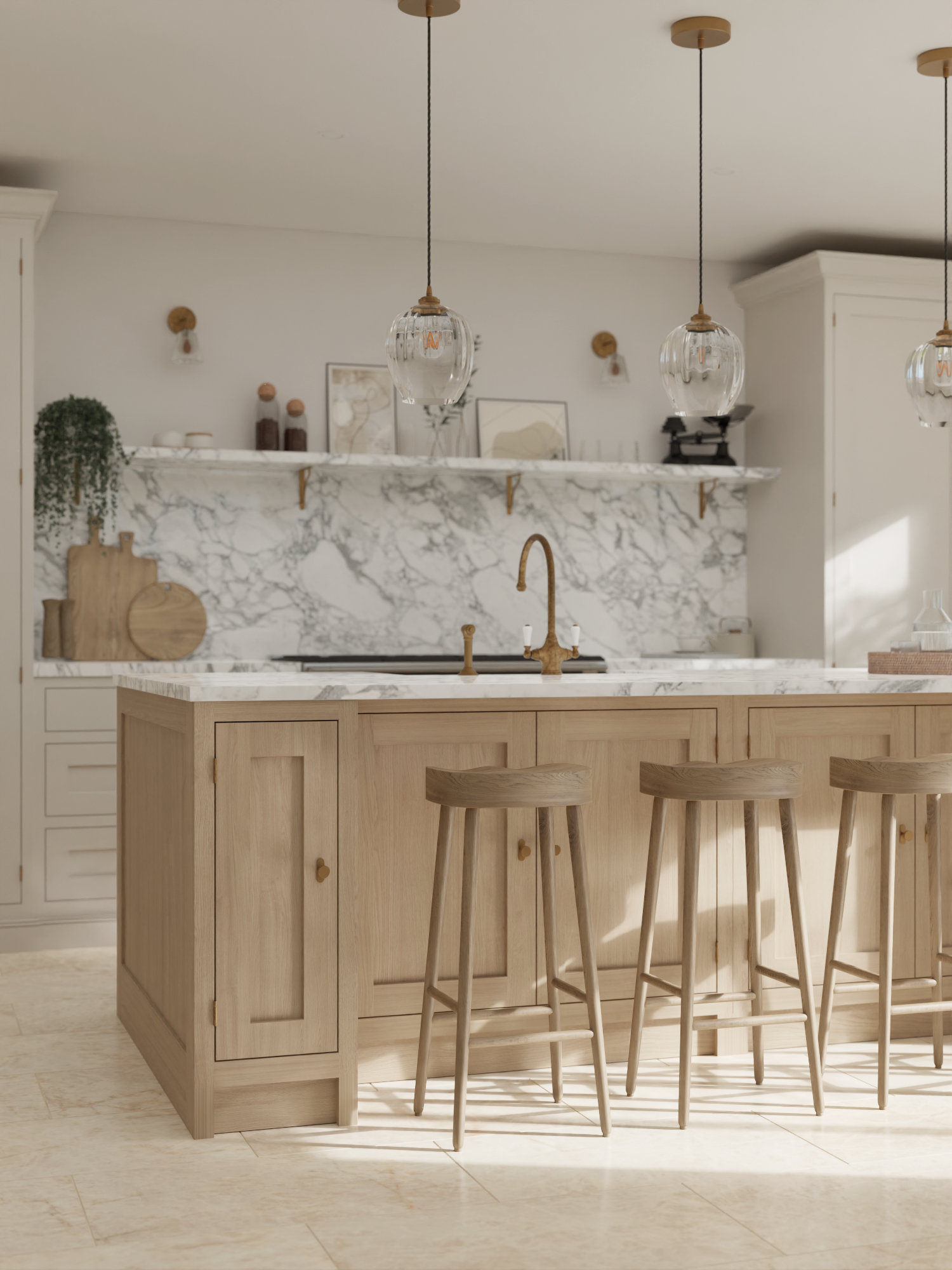
A cooks' kitchen island is a multi-functional piece of furniture and should provide both extra workspace and storage,' recommends Al Bruce. 'Depending on the orientation of your island, consider using both sides, adding either deep shelving for cookbooks or drawers for hiding away crockery and small appliances.'
'You will use your cutting boards often, so consider having a designated place to store them that’s close to hand,' Al continues. 'For a decorative look, consider glass-fronted cabinets for your kitchen island storage. Here, you can display your finest glassware, creating a unique feature while adding contrast and depth to the island. Shelving can also be decorative. For a uniform and aesthetically pleasing island shelf, look to decanter your dried food items into mason jars and use jute or woven baskets to hide any possible clutter.'
'We like to design wonderful wide drawers for kitchen islands,' adds Elizabeth Sherwin from Naked Kitchens. 'Two super deep pan drawers under a hob work wonderfully to house all the pots and pans in easy reach. A well organised utensil drawer is also a must. This can be designed to incorporate a knife block and spice racks to ensure everything a busy cook needs is organised and close at hand.'
Make Space For Extras
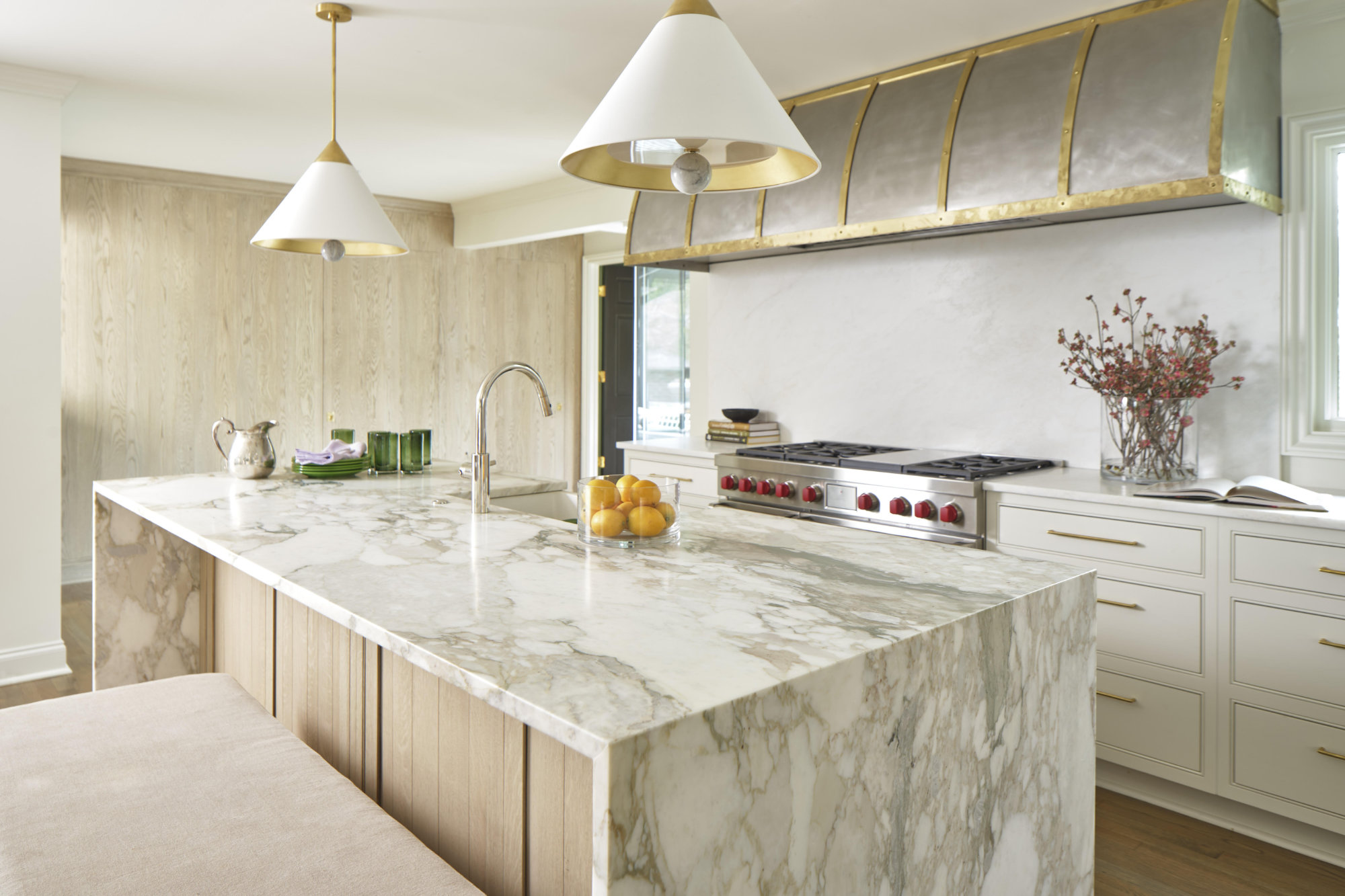
With functional storage and appliances sorted, take some time to plan for bespoke features that will take your kitchen island to the next level.
Custom elements, like wine coolers or hot water taps, can add a touch of luxury and convenience to your island. These little extras are perfect for anyone who loves to entertain. Seating options, such as bar stools or a cozy breakfast nook, can also transform your kitchen island into a social hub, making it a favorite spot for family and friends to gather as you prep and cook meals.
‘It's nice to have a single trash can built into the island, as well as a built-in paper towel holder so they are not cluttering the surface,’ says kitchen designer, Cyndy Cantley. ‘I also like to have a microwave drawer in the island, so it is not only unseen but can be used by younger members of the family if needed.’
Cyndy also emphasizes the importance of organization: ‘I like to equip kitchen islands with spice drawers, pullouts for oils and vinegar, tray dividers, and baking dishes. This makes prep work organized and easy.’
Follow this expert advice and you should avoid falling for common kitchen island mistakes when designing your dream kitchen.

Thomas Litten is a freelance food and drink writer whose articles and product reviews have been featured in a variety of national publications. His introduction to food and drink came through the hospitality sector, running bars for Michelin-starred restaurants. This experience, plus a love of good food, wine, and spirits, led to a career selling premium drinks to high-end restaurants and later providing consultancy services to food and drink start-ups across the UK. Now, based in southwest England, he mainly divides his time between working for a leading bakery business, visiting coffee shops, and collecting and writing about kitchen gadgets.
